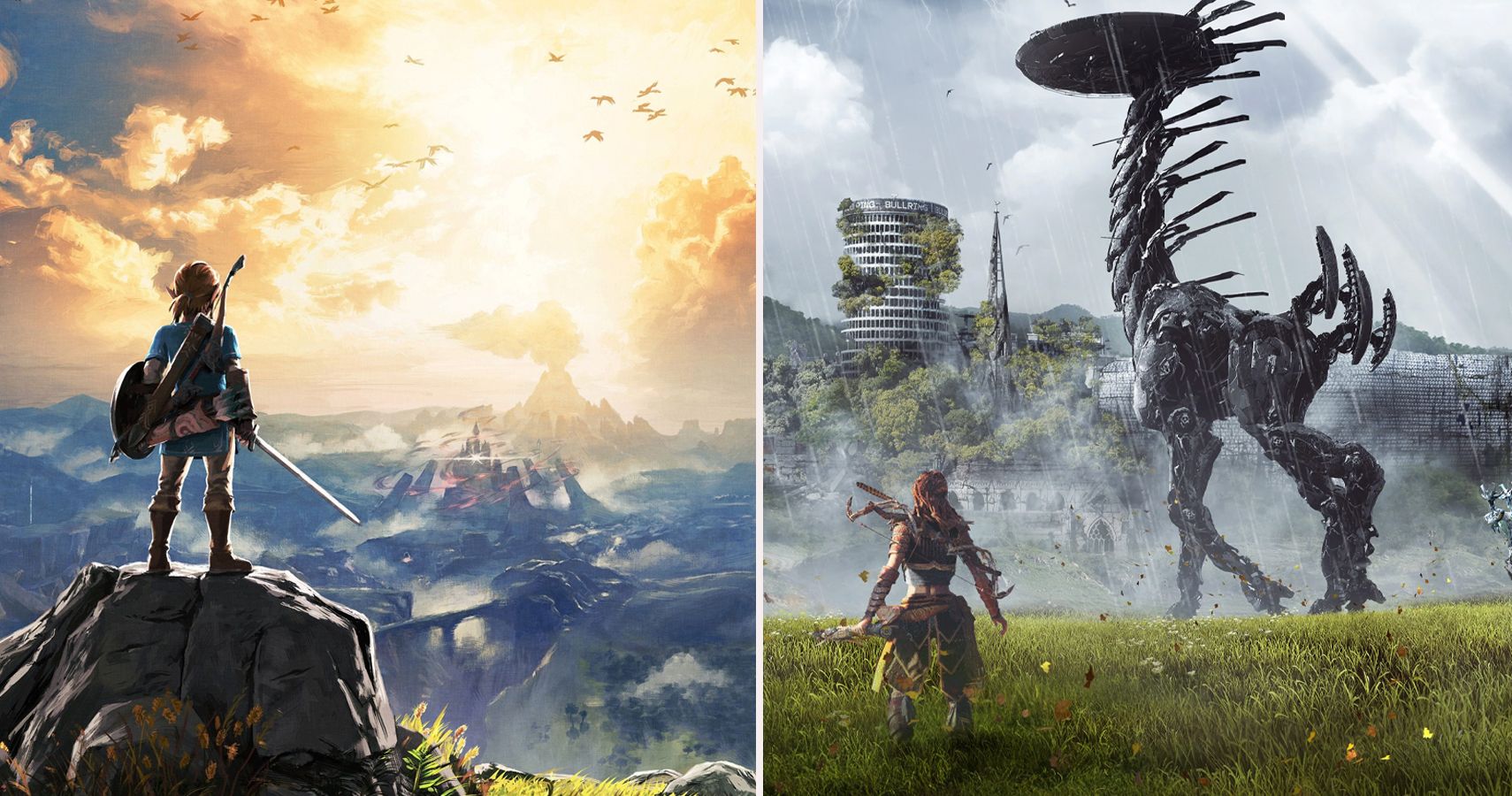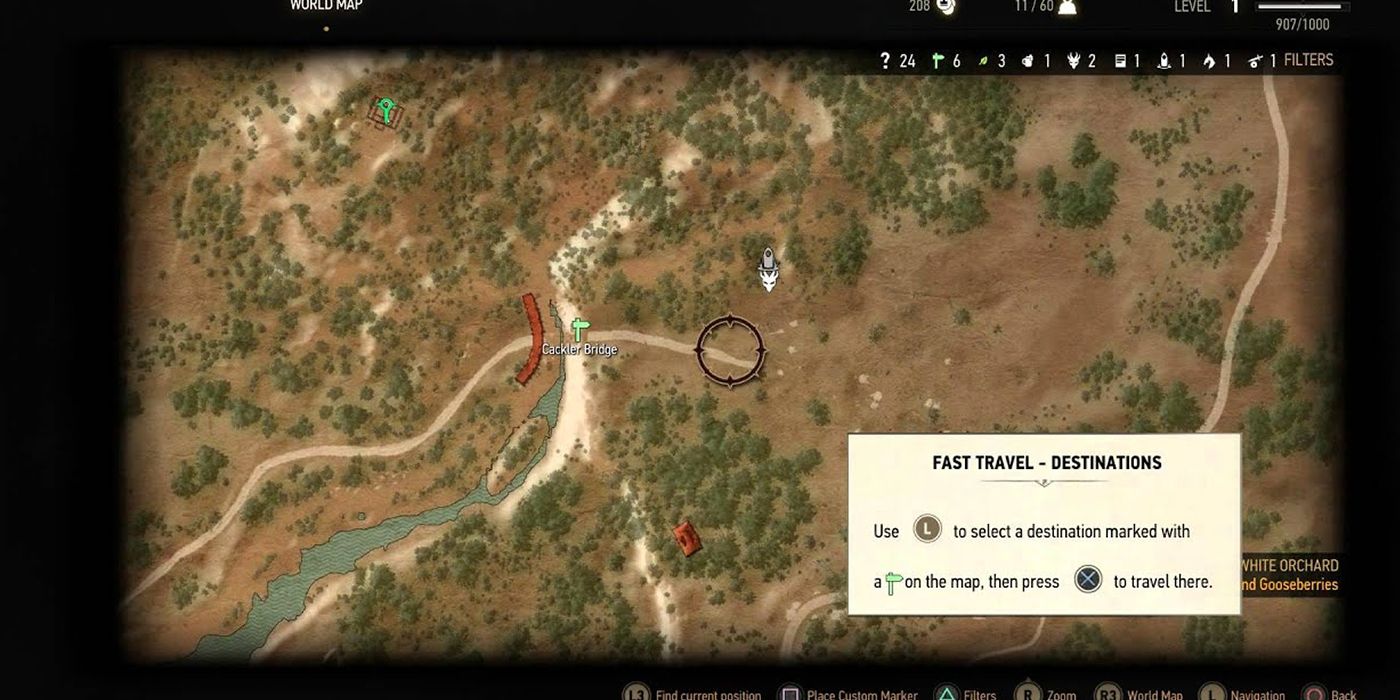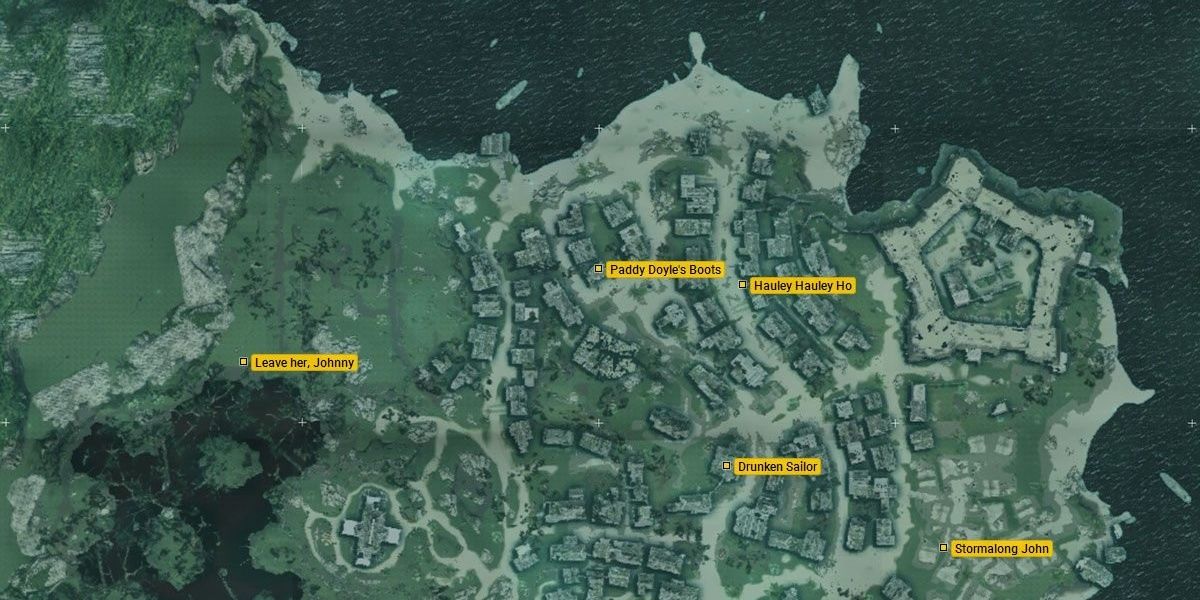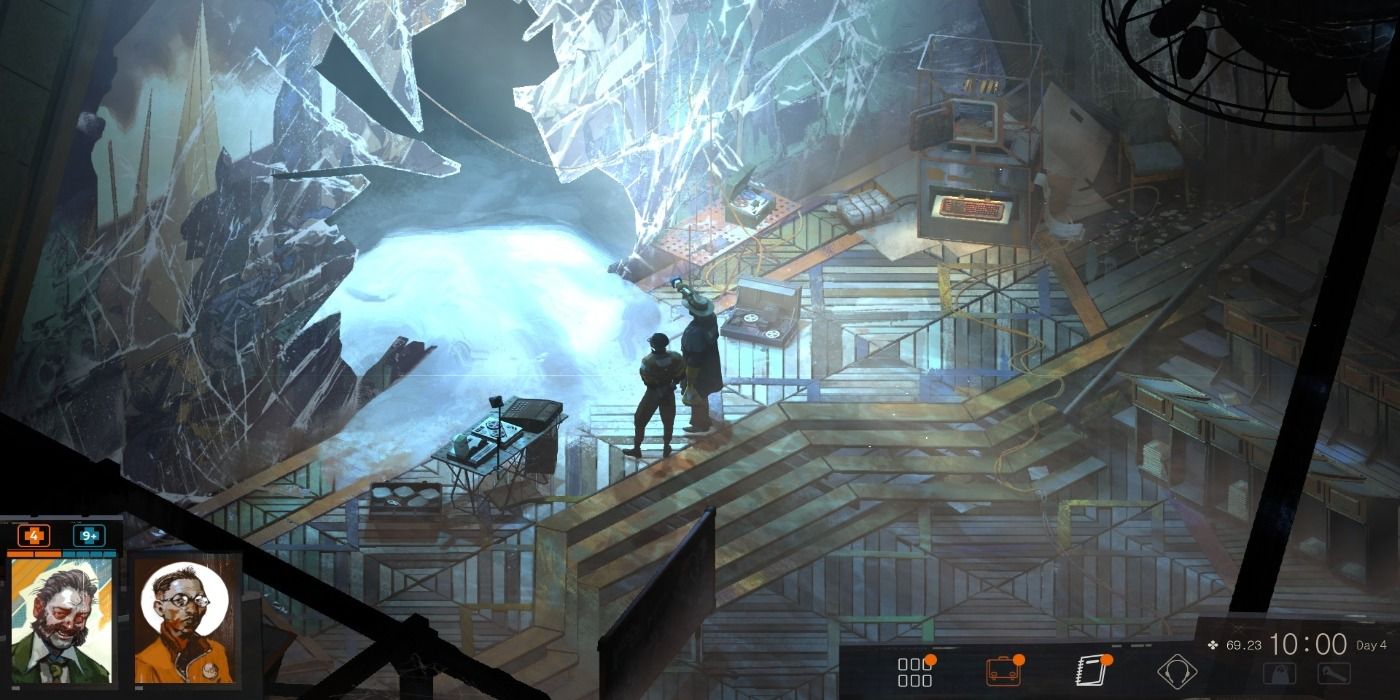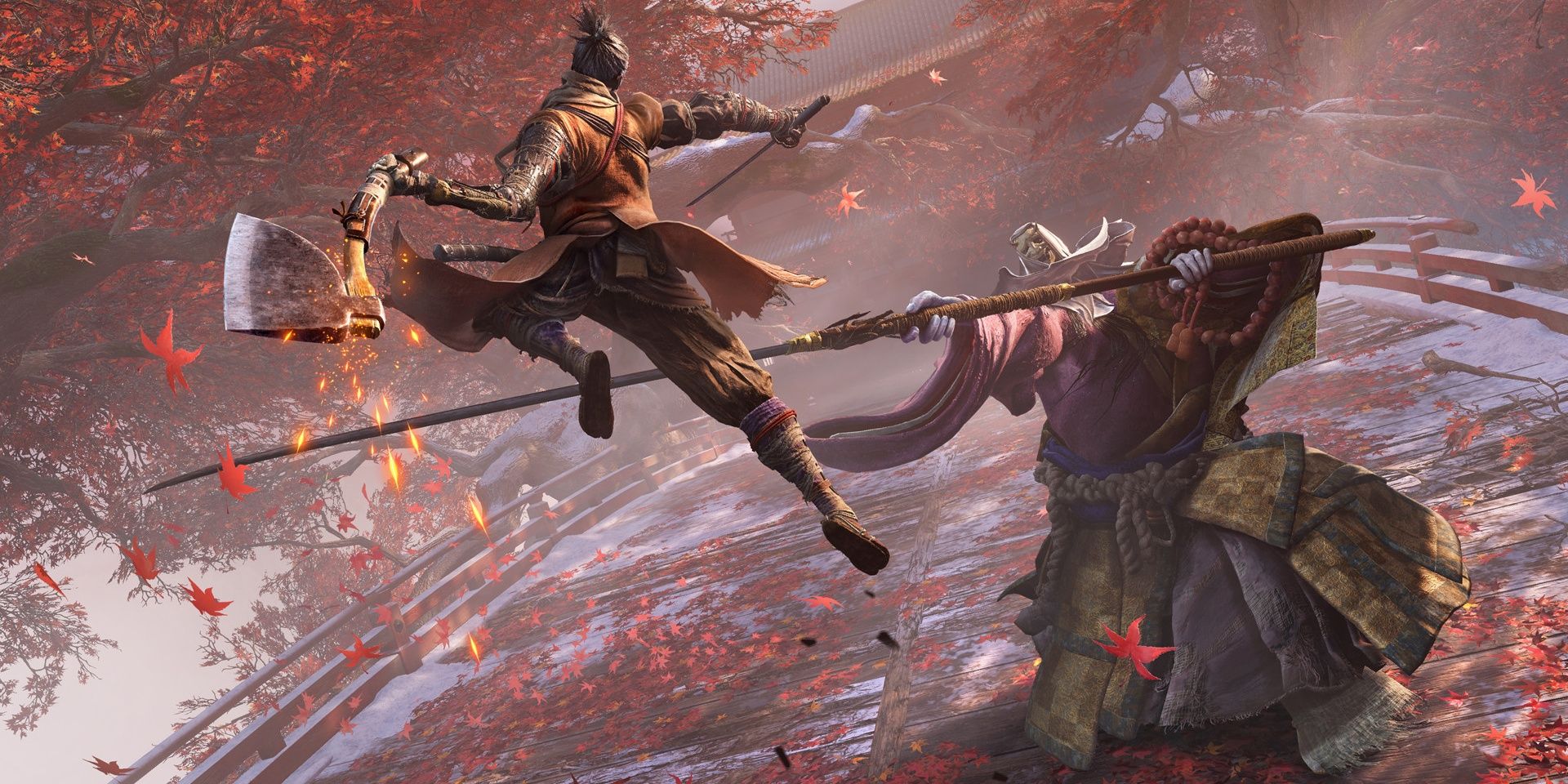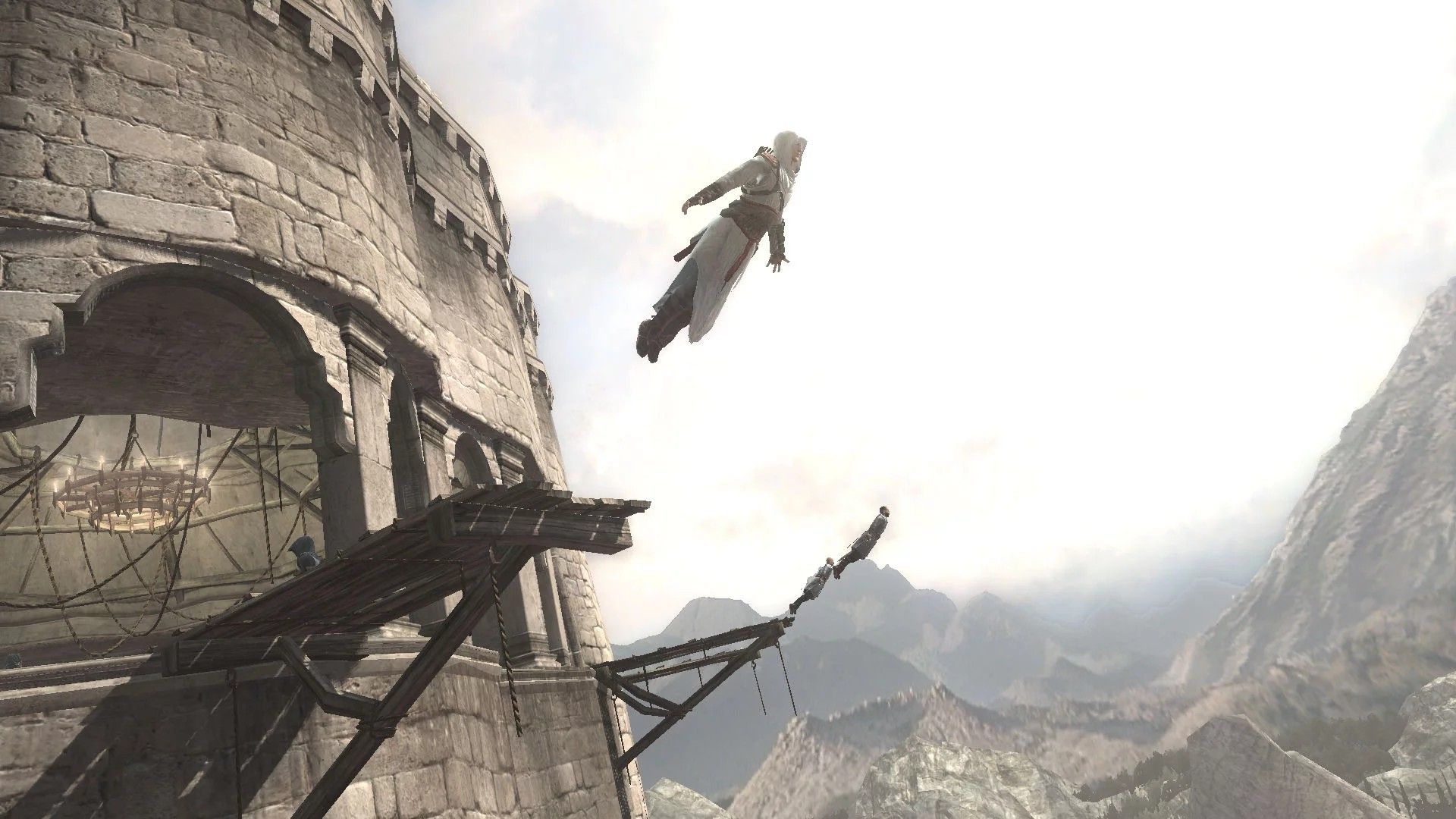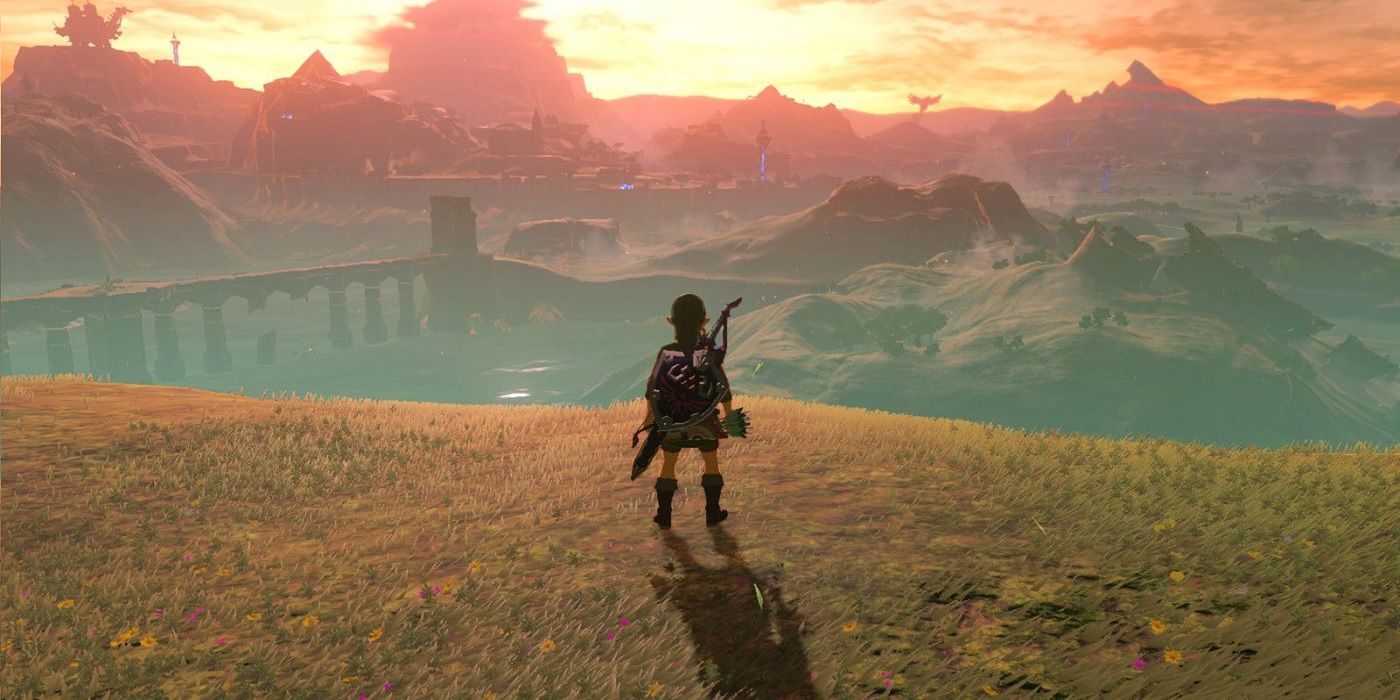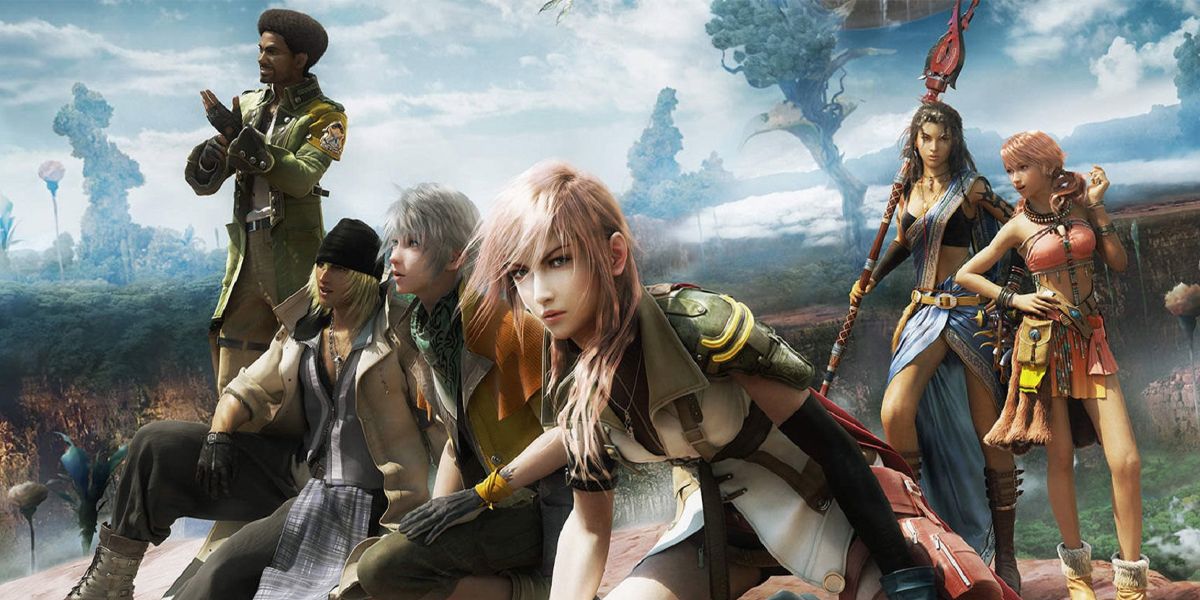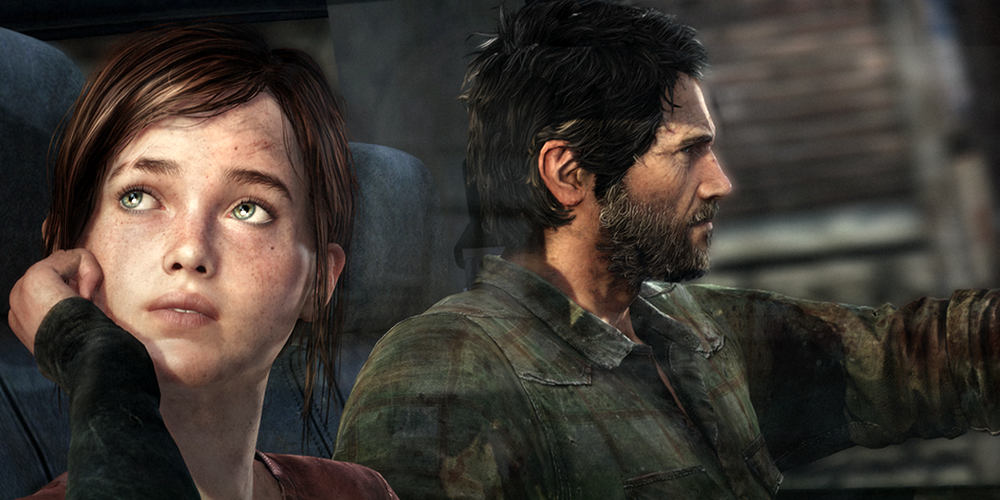The 2010s were a landmark year for gaming, with two console generations flourishing during this decade. The seventh generation of console gaming said goodbye with a bang, while the eighth generation commenced in grand fashion and completely revamped the gaming landscape with a whole host of innovations that have become a staple of modern gaming.
One need only look at some of the highlights of this decade to understand just how substantial the 2010s have been for gaming as a whole. The Last Of Us, God Of War, The Witcher 3, Breath Of The Wild, Persona 5 — these titles transcended beyond the label of "games" to become one-of-a-kind experiences that almost everyone will find it in their best interests to witness. This goes for anyone even remotely interested in excellent storytelling, gripping sequences, challenging gameplay, or anything else along the same lines.
However, while the 2010s might've brought about various beneficial gameplay innovations that have helped contribute to the brilliance of modern gaming, there are also certain trends that are better left in the dust, now that the decade is over. To illustrate this statement in greater detail, here are 5 gameplay innovations and trends of the 2010s that need to be adopted in the long run, coupled with 5 major gaming elements that are better off being a thing of the past.
While some of these innovations predate the 2010s, they grew more commonplace during the previous decade.
10 STOP: Fast Travel
As convenient as fast travel may be, the complacency this mechanic breeds can actually prove to be detrimental for the gaming experience.
Instead of roaming around the map and experiencing the environment itself, most modern games have quickly devolved down to how quickly the player can unlock fast travel points so they can — sad enough as it is — waste as little time as possible.
It's a dangerous mentality that needs to change sooner rather than later.
9 CONTINUE: AR & VR Integration
Augmented and virtual reality are playing a major role in the modern landscape, with multiple sectors trying to integrate this innovation, with varying degrees of success. The gaming industry is no exception to this; in fact, one might argue that AR & VR has perhaps the most secure future in gaming.
The success of Pokémon Go and the increasing acceptance of VR headsets like the Oculus Rift should make it increasingly clear that AR & VR is here to stay. One can only wonder about the possibilities of integrating these gameplay innovations in the games of the future.
Whatever happens, one thing is for sure — games are going to be immersive like never before.
8 STOP: Collectathons In Open-World Games
Open world games have become the norm in the 2010s, with developers quickly realizing that giving gamers the freedom to explore a sandbox to their heart's content is a surefire way to attain success.
However, a focus on open-world design has led to a scenario where games try to pad out their worlds with as much content as possible, however banal it might be. The worst offender of this has to be the ridiculous focus on collectibles, with only the most dedicated of completionists willing to go the extra mile and engage in these mundane collectathons.
7 CONTINUE: Quality Over Quantity
The problems mentioned above include other debilitating aspects as well. Fetch quests, meaningless side content, and the like need to become a thing of the past with the onset of a new gaming decade.
There's a reason why games like Disco Elysium, Breath Of The Wild, and The Witcher 3 were hailed as major gaming achievements — the open world of these games always had something meaningful to accomplish.
Things were never placed as an afterthought but actually played a role in the gamer's journey, regardless of the scale of its impact.
6 STOP: Grinding
While this problem generally plagues most JRPGs, the inherent requirement to grind has crossed over to other genres as well. Whether it be for levels, resources, or anything else along the same lines, the grind is nigh universal.
The mundane act of grinding needs to be done away or tweaked to offer more than an easy way to pad out a game's runtime. People want to have fun with their games, not engage in the same repetitious action over and over again.
5 CONTINUE: Challenging Gameplay
The emergence of From Software as a major AAA developer is perhaps one of the most important video game developments of the 2010s. With most modern games going out of their way to handhold the player at every step of the journey, it was high time a game came along that did the exact opposite.
The Souls franchise, Bloodborne, and Sekiro: Shadows Die Twice have proven that games can be challenging and fun at the same time. Developers don't need to choose one over the other; rather, it's about figuring out the perfect harmony between the two.
4 STOP: Climbing Those Freakin' Towers
While it might be unfair to blame one particular entity for this particular development, the word "tower" always brings to mind the name of one notable video game developer: Ubisoft.
Even revolutionary games like Breath Of The Wild couldn't shy away from using towers in their game to reveal the map. While the execution might be better, it's still a worrying trend that hopefully will dissipate in this new decade.
3 CONTINUE: Environment Cues For Exploration
However, what Breath Of The Wild definitely succeeded in was using its towers and other high spots as vantage points for gamers to figure out where they want to go, instead of being directed by the game itself. Something as simple as looking around the map was enough for players to experience unique journeys of their own.
Ideally, exploration in video games will be bereft of any objective markers or minimaps. Instead, it'll just have all the clues displayed in the environment itself.
2 STOP: Lore Dumps
If the story of a game is too varied, then it might be best to try and do either one of two things: Reduce the complexity of the story or figure out a natural way that manages to tell as much about the world as possible.
Dumping endless lore on the player's head is the dullest way to build a world. There's a reason why Final Fantasy XIII and its sequels attract so much criticism. The story of Square Enix's game was so ridiculously convoluted that people couldn't be bothered with playing it to the end.
1 CONTINUE: Cinematic Storytelling
Storytelling in video games has perhaps seen the biggest evolution in the 2010s. Naughty Dog's titles have been the best example of this evolution, with The Last Of Us and Uncharted 4 featuring some of the most poignant moments in the history of video games.
Now, with games like God Of War and Witcher 3 carrying this tradition forward, it's safe to assume that storytelling in video games will witness an evolution like never before in the 2020s.

